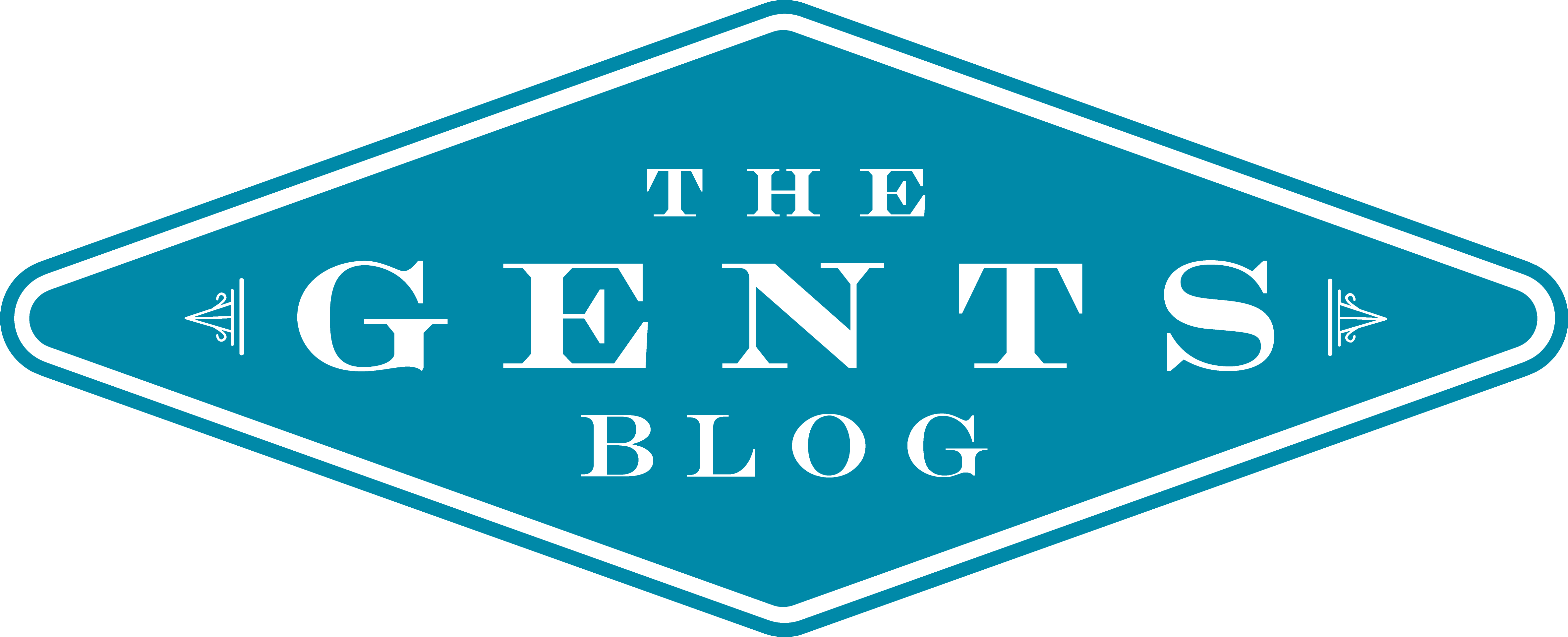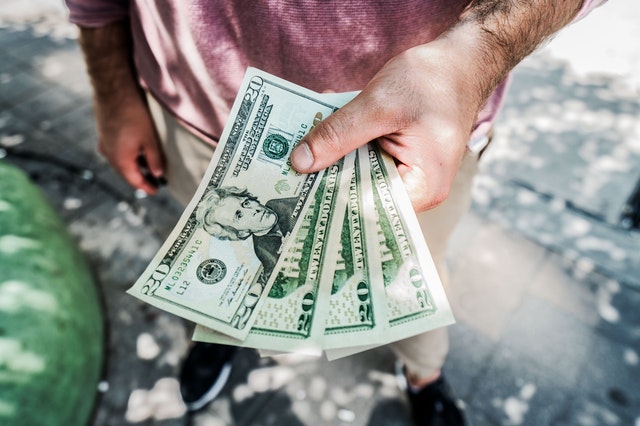Metal coins and paper bills have been used by many cultures since humans stopped using salt and animals as currency. Cash is the second most-used form of payment in America, just behind debit cards. But one more ripple effect from Covid has been a change in behavior from consumers when it comes to using cash. What are the advantages and disadvantages of cashless payment, and will America go cashless in the near future?
Perception vs. Reality
The media, which has not generally been known for spreading helpful information during the Covid crisis, has played up the idea that paper money is more dangerous than other methods of payment. But research in the New England Journal of Medicine and other places has shown that the cotton in paper money carries virus particles for the same amount of time (sometimes less) than plastic credit and debit cards.
That said, consumers are not necessarily seeking medical advice, but acting on perception and their own feelings, and as such, there has been a significant swing in the last six months towards cashless payments, even in businesses in which cash was very much the dominant way to pay. Is this a good thing?
Pros
- Going cashless is convenient for the consumer. No need to wait for the cashier to count back change to you and no need to keep cash on hand yourself.
- Going cashless is convenient for the business owner. No need to keep cash on hand throughout the day and no need to make bank runs to leave deposits.
- Going cashless is also convenient for bookkeeping purposes – with digitally entered transactions you might save a bit of time.
Cons
- Going cashless will lead to significant costs for business owners.
- There is a processing fee associated with each transaction, no matter what platform is used; that doesn’t exist with cash transactions.
- Businesses will also need to increase their cybersecurity measures to protect the greater number of transactions that will be happening digitally.
- These costs can lead to higher prices for consumers if merchants pass them on or lower margins for business owners if they choose to absorb these costs.
- Going cashless affects the unbanked and underbanked, who already face many challenges.
- Going cashless removes consumer choice for forms of payment.
- Going cashless removes privacy for those who prefer to pay for things in cash.
- Going cashless places an undue reliance on technology, which we do know does occasionally fail us.
- Going cashless also would affect societal rituals, like:
- weekly allowances for children
- tipping for service staff
- the little red envelopes used to celebrate Chinese New Year
The Future
There is no federal mandate for businesses to have to accept cash, which means that cashless businesses will exist on a very local level, if at all. In fact, NYC, Philadelphia, and San Francisco have actually passed laws prohibiting cashless businesses.
This year has brought more changes and challenges than we could possibly have envisioned, so nothing is impossible, but for the moment it seems that claims of an “imminent” cashless society in America, much like those of millions of potential Covid deaths, are more hype than substance.
Is cash a consistent part of your daily transactions, or are you mostly cashless? Share with us in the comments below.



